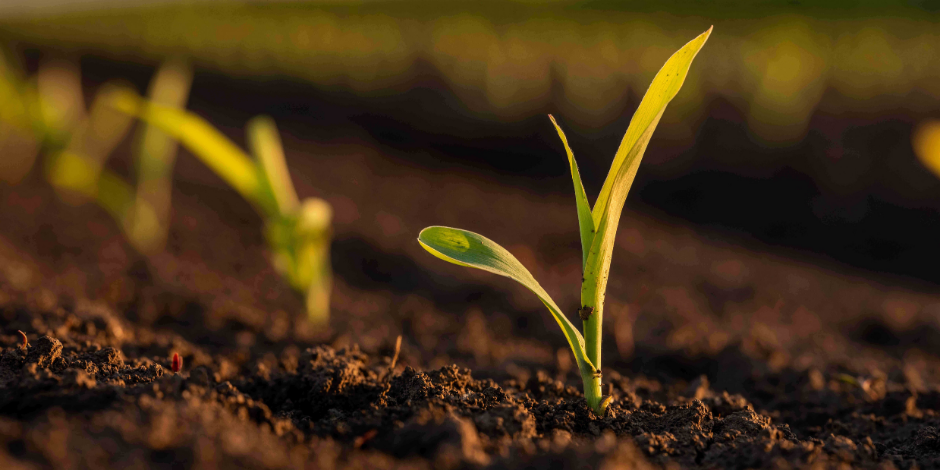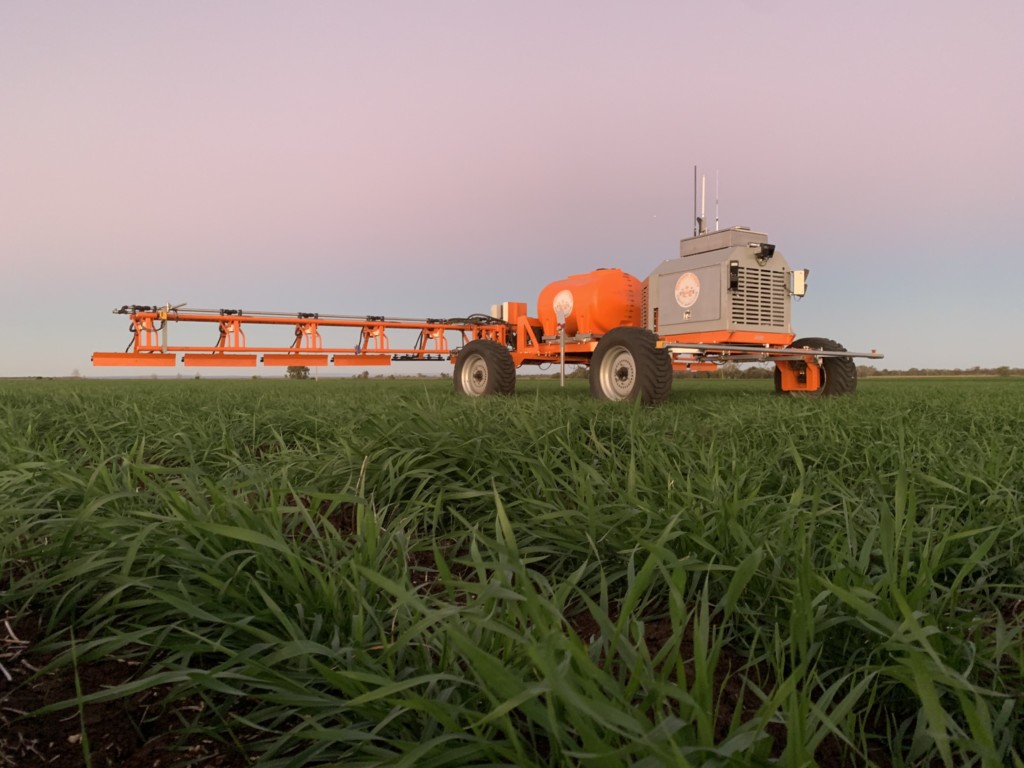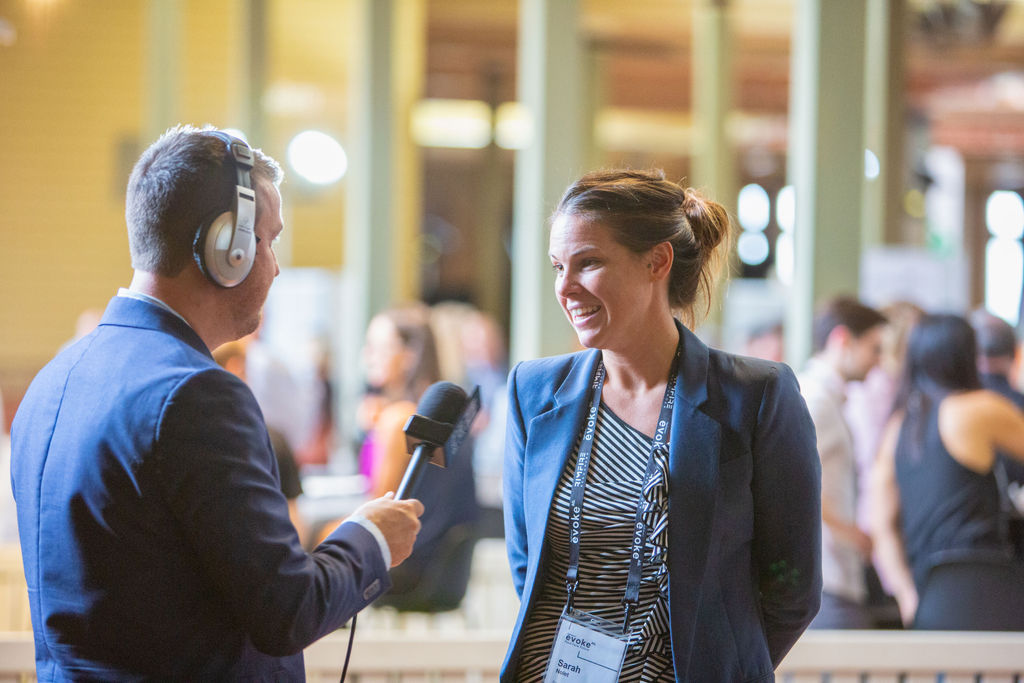Restoring soil health is “the race of our lives”
In 2020, Microsoft co-founder Bill Gates warned the world about the fatal impact of climate change in a blog post titled: “COVID-19 is awful. Climate change could be worse.”

Gates argued if you want to understand the kind of damage that climate change will inflict, “look at COVID-19 and spread the pain out over a much longer period. The loss of life and economic misery caused by this pandemic are on par with what will happen regularly if we do not eliminate the world’s carbon emissions,” said Gates.
For global thinkers such as Isabelle Decitre, Founder the CEO of ID Capital, an investment company with a focus on agrifood tech and agribusiness headquartered in Singapore, this notion of ongoing climate change misery has reinforced the need to discuss soil health in any discussion on climate change.
RELATED: ‘The accidental entrepreneur’ and unlocking innovation in the Asia Pacific
“The COVID-19 crisis is now largely behind us with another billionaire investor, Jeremy Grantham referring to restoring soil health as, ‘the race of our lives’,” said Isabelle.
Of course, she admits soil health has many degrees of separation from the end consumer, so it doesn’t talk to the layman in quite the same way as a double burger does.
“That’s why I think we need to raise more awareness about it. Looking at recent figures for the top categories of innovations we see soil and crop solutions climbing into the top five.”
Isabelle believes large companies need to make that point of connection with consumers otherwise it will remain a topic largely for experts in ag.
“If you start to have Coca Cola pay more attention to how they source their sugar or Pepsi where they grow their potatoes, then that can really change agriculture.”
Changing funding investment models in Australian agriculture
The future of the agrifood and tech sector however, rests not just on the shoulders of corporates.
Isabelle believes Australian startups have vision, are determined and fiercely competitive, but Australia faces its own hurdles for this growing sector.
RELATED: What is impact investing and why it’s not charity
“For young startups to succeed over time, I would love to see superannuation funds doing what the United States pension funds are doing – and that is putting money into investments,” said Isabelle.

“That sends a strong signal to the industry and if that political change happens in Australia, some of that money could go towards the agrifood tech sector.”
In the US, it is happening and in some parts of Europe, pension funds are financing early-stage ventures but of course superannuation funds need to be careful about the legislative terms of this money, but a small portion would be welcome.”
It is a debate raging in Australia following the release of the drought capital report, funded by AgriFutures Australia, “Capital requirements of Australia’s agriculture, fisheries and forestry sector” and the search for alternative methods of raising capital.
I see hope in Australia, I really see hope, admits Isabelle.
“I would like to see more clones of Aussie billionaire, Mike Cannon-Brookes who has been anchoring Tenacious Ventures. It is fantastic to see a successful entrepreneur put money into an agtech venture capitalist fund,” said Isabelle.
RELATED: Goterra and Tenacious Ventures
“And I would like to give a shout out to Sarah Nolet’s ‘Agtech – So what?’ podcast as this is insightful media around agtech.”
Adding: “I hope there is some visible success stories in Australia and a smoother geo-political context with China is also needed.”

Learning from failure
Isabelle admits there is no doubt, agriculture and food is tough, regulations are complex to handle and the time it takes to prove your innovation is dependent on seasons and crop cycles, which would put any entrepreneur on edge.
RELATED: Tips for building an agritech startup that solves real problems
“I think what makes a difference is being a team, first and foremost, the capacity to know your market and to find a place where you can succeed relatively quickly or fail but do it quickly. Those that manage to rebound, come out of the hurdles much stronger.”
Isabelle said while it’s not politically correct to discuss failure, she would like to see entrepreneurs given permission to fail and then to try again.
“Sadly, I have no statistics on whether successful entrepreneurs in agtech are first or second timers; the pattern I have seen on a smaller scale is that they are not first timers. I also think it is important to have a first, second and third generation so things can evolve.”
But she freely admits not everyone is “of the fabric to be an entrepreneur” and that is probably just as well.
Enjoyed this story? Want to learn more about the Asia Pacific region’s innovative agrifood tech ecosystem? Sign up for our newsletter here and receive fresh stories about global leaders, farmers, startups and innovators driving collaborative change.
